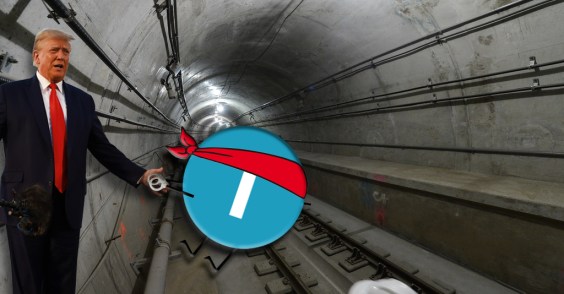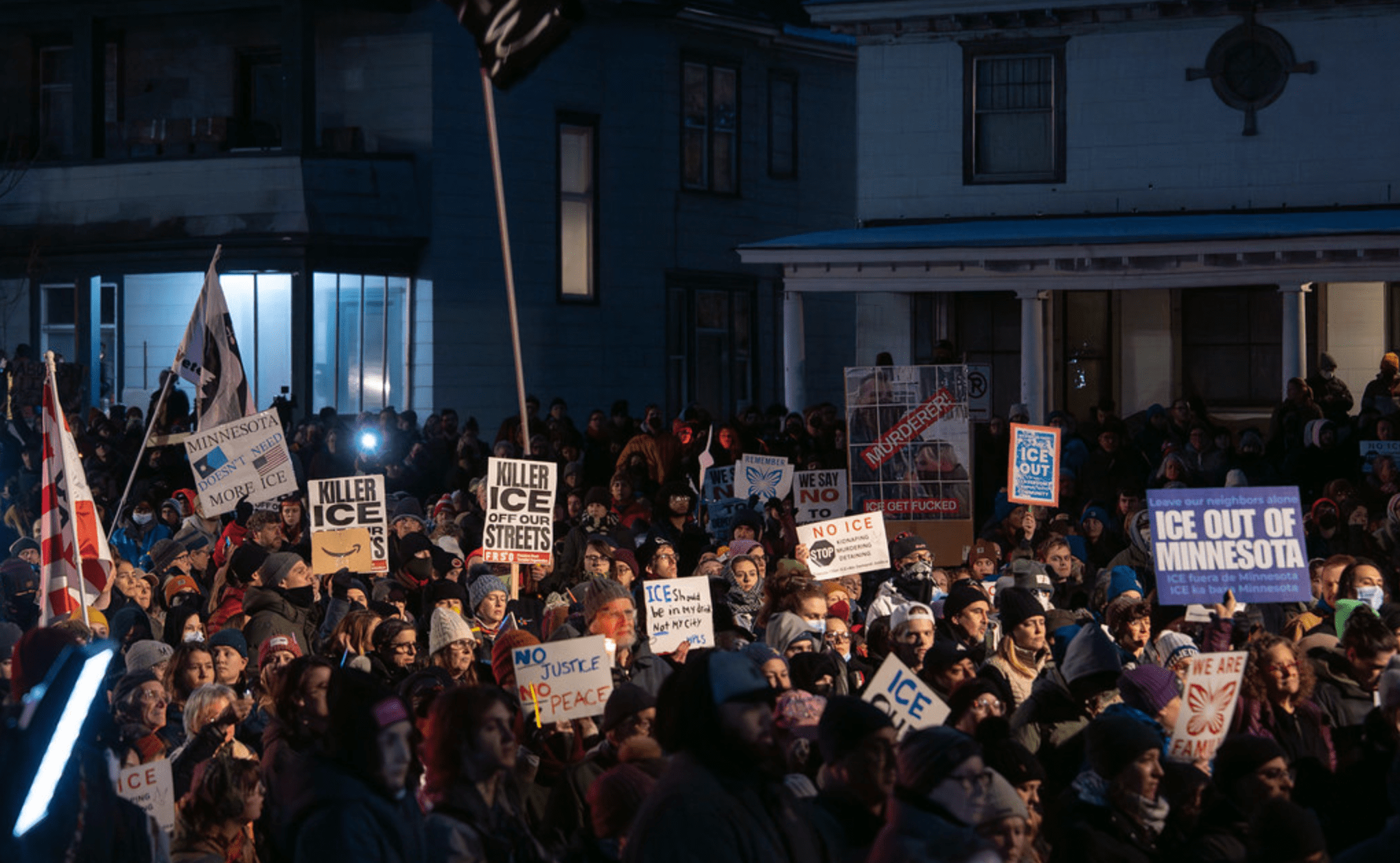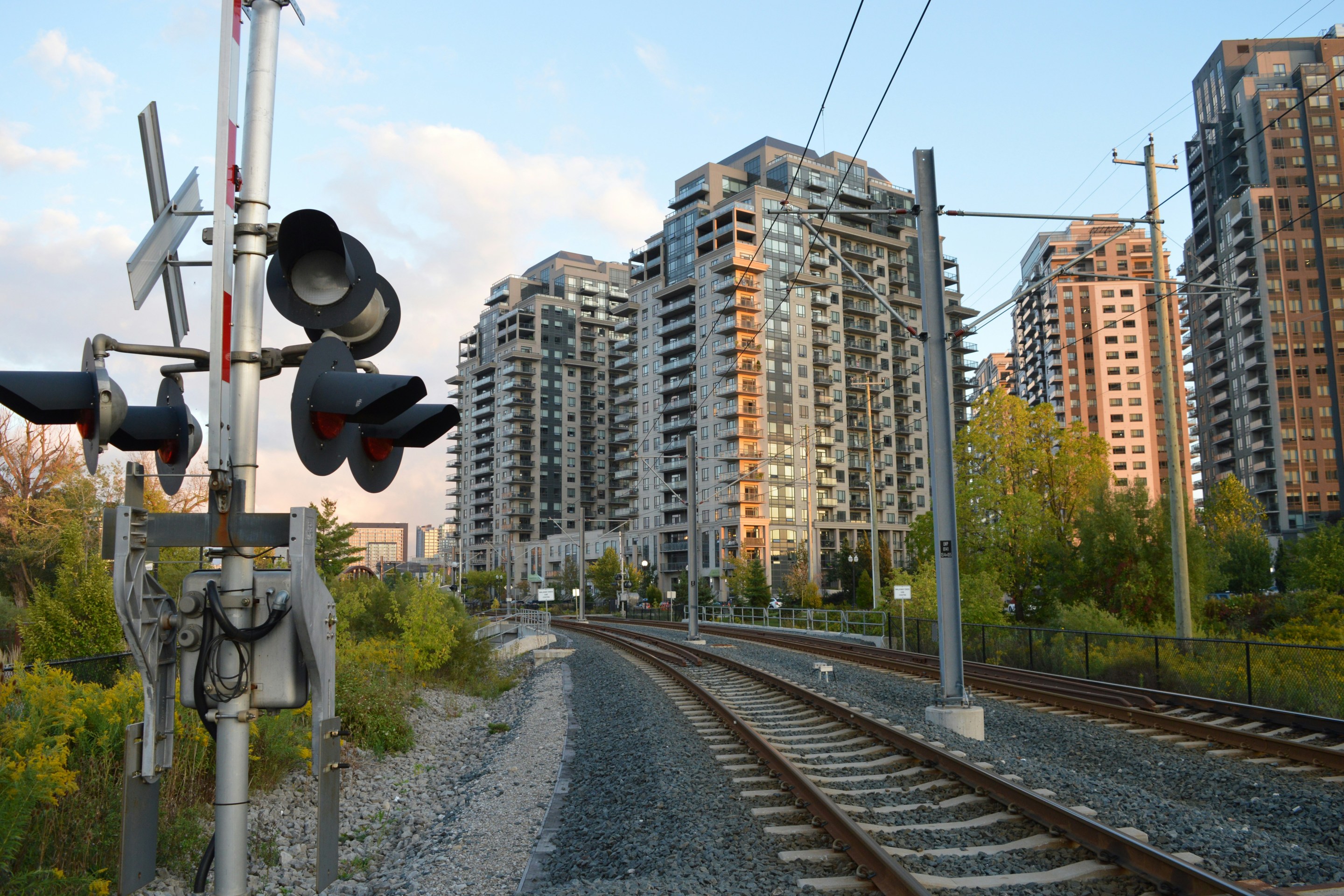The nation's transportation planning process fails to account for more
than $200 billion per year in "hidden health costs" imposed by traffic and air
pollution, according to a new report from the American Public Health
Association (APHA) that maps the nexus between infrastructure and
health care.
 Traffic brings with it billions of dollars in "hidden health costs," according to the APTA. (Photo: NYT)
Traffic brings with it billions of dollars in "hidden health costs," according to the APTA. (Photo: NYT)The APHA's report (available for download here) echoes many of the policy recommendations issued by the Centers for Disease Control last month: stronger incentives to expand bicycle and pedestrian networks, as well as more frequent measurement of the health impacts of new transport projects.
But the APHA, a trade association representing public health workers, went further than the government by adding up the estimated costs imposed by the absence of any mandatory evaluation of the health consequences of transportation decisions.
Citing U.S. DOT and American Automobile Association studies, respectively, the APHA pegged the annual price of congested roads at between $50 billion and $80 billion, with the health toll of traffic crashes -- including the treatment of fatalities, the resulting court costs, and lost wages -- reaching $180 billion per year.
The majority of those bills are paid indirectly by the transportation system users they affect, not factored in advance into local planning, as the APHA writes:
The federal government does not require a consistent methodology for environmental impact analysis, transportation modeling, or cost-benefit analysis for agencies seeking federal highway funding — and while this approach allows agencies to tailor analyses to fit their needs, itmakes it impossible to compare potential project effectiveness at a national level. It also means that health impacts, costs and benefits are often left off the table when projects are being considered.
What can be done to build those health risks into the calculus that determines where roads get built, bridges fixed, and crosswalks painted? The APHA offers San Francisco, where health officials used economic modeling to weigh the likely pedestrian injury rates caused by five alternative development plans, as an example of effective local analysis of transportation's effect on public health.
But the APHA report underscores the difficulty of achieving a broader shift without Congress requiring a stronger emphasis on transport policies that tangibly improve Americans' health. In addition to endorsing the concept of national transportation objectives -- which has won some Democratic support but sparked resistance from state DOTs -- the group's new report urges that those new federal standards "allocate more funds to projects and efforts that support healthy communities and active transportation."





